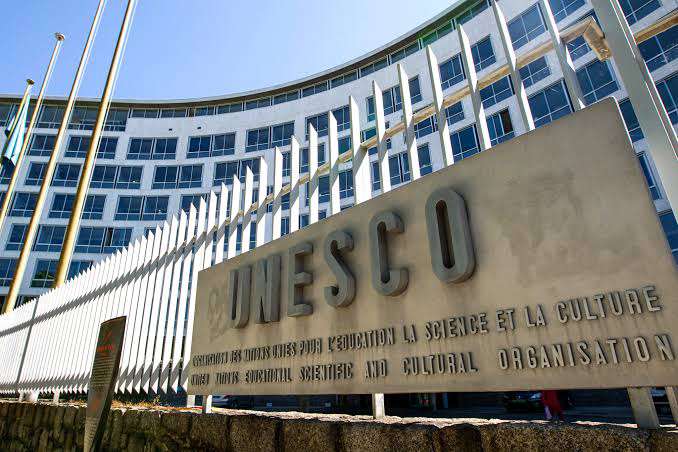Business
Stakeholders anticipate setback for Nigeria, Africa as U.S. exits UNESCO

Concerns mount over the planned exit of the United States from the United Nations Educational, Scientific and Cultural Organisation (UNESCO), as stakeholders caution that the move would have significant implications for Nigeria, particularly in education, infrastructure development, and the realisation of the Sustainable Development Goals (SDGs).
The decision is part of President Donald Trump’s second-term effort to withdraw the U.S. from several global organisations. These include leaving the World Health Organisation (WHO), halting funding to the Palestinian relief agency UNRWA, and withdrawing from the UN Human Rights Council, all as part of a broader review of the United States’ engagement with UN agencies.
For decades , Nigeria has depended massively on foreign assistance to fund development projects across critical sectors such as education and health. The withdrawal, expected to take effect in December 2026, is likely to affect UNESCO’s work on education, culture, and combating hate speech.
Although the U.S. contributes about eight per cent of UNESCO’s total budget, making the financial blow less severe than for other international organisations, stakeholders have described the move as a setback for Nigeria and other African nations. UNESCO currently runs major programmes in cultural promotion and education, including efforts to foster intercultural dialogue.
The U.S. was a founding member of UNESCO in 1945, but this would mark the third time it has withdrawn from the body. It first pulled out in 1983 under President Ronald Reagan, referencing what his administration described as anti-Western bias. The U.S. rejoined in 2003 under President George W. Bush, only to withdraw again in 2017 during President Trump’s first term. His administration cited “mounting arrears, the need for fundamental reform in the organisation, and continuing anti-Israel bias” as reasons for the move.
The U.S. returned to UNESCO in 2023 under President Joe Biden, who argued that rejoining was essential to counter “Chinese influence.” As a condition for re-admission, the U.S. agreed to pay approximately $619 million in unpaid dues and to contribute to programmes supporting educational access initiatives in Africa, Holocaust remembrance, and journalists’ safety.
The Barack Obama administration had earlier cut contributions to UNESCO, resulting in the accumulation of substantial arrears. Although UNESCO’s Director-General, Audrey Azoulay, stated that the latest withdrawal was anticipated and that the agency had prepared for it, stakeholders described the move as a major blow to Nigeria.
Former Nigeria’s Permanent Delegate to UNESCO and President of the General Conference of UNESCO, Prof Michael Omolewa, described the decision as “pathetic”, saying: “This is the period that the world needs the services, division and the mission of UNESCO in ensuring that there is equitable distribution of resources to meet the needs of all the nations in spite of their varying levels of resources.”
Omolewa further noted: “There is a crisis everywhere, and therefore, the need for peace, reconciliation and harmonious relationships among people, states, and nations. That is why UNESCO is interested in those critical areas of education, science, technology, cultural information and related areas of performance. Now, if and when the United States leaves, you can be sure that Israel will automatically join, and it is possible that some states that are equally committed to the U.S. goals and new vision may decide to follow. That would be a further weakening of the financial capability of UNESCO.”



